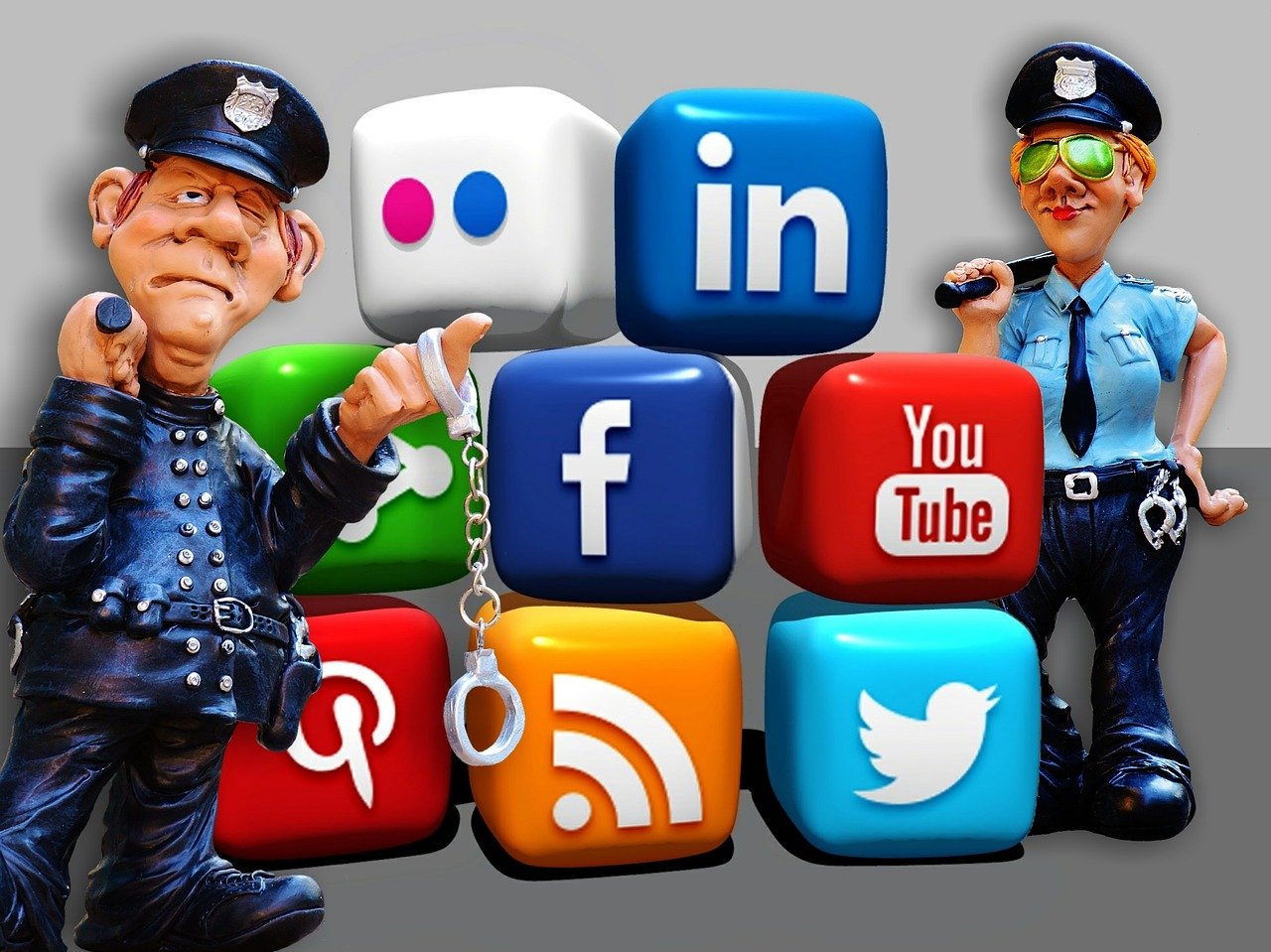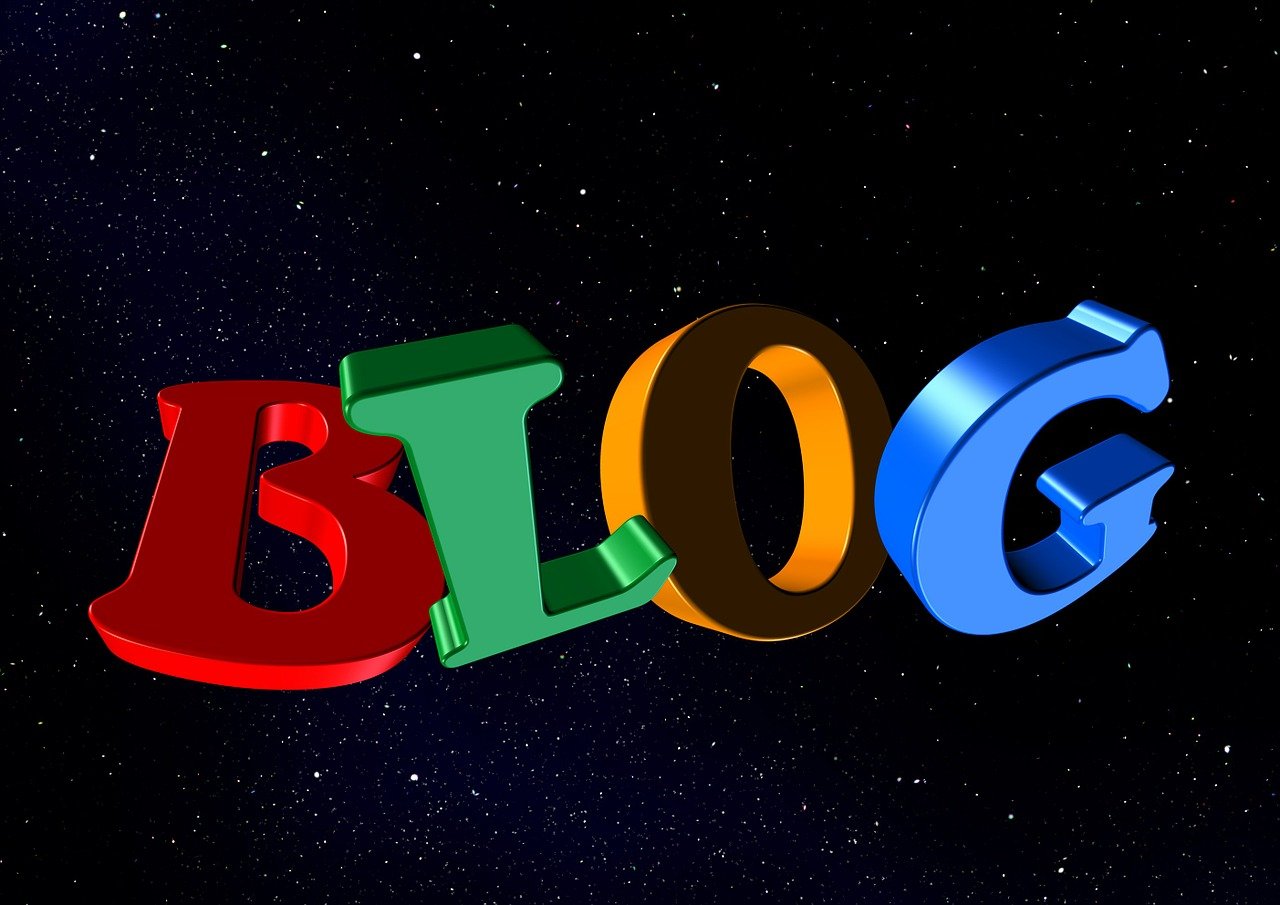
The Extra Power Of Social Networking In Promoting Social Causes
Introduction
The Rise of Online Activism
Social networking platforms provide a global stage for individuals and organizations to voice their concerns, advocate for change, and rally support. Here’s how social networking has transformed the landscape of activism:
- Global reach and accessibility: Social media platforms allow individuals to reach a broad audience irrespective of geographic boundaries. By simply clicking a few buttons, individuals can promptly share their thoughts, stories, and calls to action, connecting with like-minded people around the globe who share their concerns.
- Rapid dissemination of information: Social networking enables the rapid spread of information and news, making it an ideal platform for raising awareness about social causes. Viral campaigns, hashtags, and shareable content can reach millions of people quickly, generating conversations and encouraging action.
- Building virtual communities: Social networking platforms foster the creation of virtual communities centered around specific causes. Individuals can connect with like-minded activists, share resources, and collaborate on initiatives, strengthening the collective impact of their efforts.
Harnessing the Power of Social Networking
To effectively utilize social networking platforms for promoting social causes, individuals and organizations can employ the following strategies:
- Crafting compelling content: Engaging and shareable content is critical to capturing the attention of online audiences. Utilize impactful visuals, storytelling techniques, and concise messaging to convey the urgency and importance of the cause. Videos, infographics, and personal narratives can evoke emotional responses and inspire action.
- Leveraging influential voices: Collaborating with influencers, celebrities, and experts in relevant fields can amplify the reach and impact of social cause campaigns. Influential voices have the potential to engage a vast audience and spark meaningful conversations, creating a ripple effect of awareness and action.
- Harnessing the power of hashtags: Hashtags are vital in organizing discussions and mobilizing support around specific causes. Creating and promoting unique hashtags related to the social cause can help unite individuals, facilitate information sharing, and enable a collective voice.
- Engaging with the audience: Actively engaging fosters a sense of connection and involvement. Respond to comments, acknowledge supporters, and address concerns raised by the community. Create a secure environment that promotes conversation about the cause. Encourage open dialogue.
Success Stories and Impact
The power of social networking in promoting social causes is evident through numerous success stories and impactful movements. Here are a few examples:
- MeToo Movement: The #MeToo movement gained significant momentum through social media, with survivors sharing their experiences and raising awareness about sexual harassment and assault. The movement empowered individuals to break their silence, hold perpetrators accountable, and sparked a global conversation on gender-based violence.
- Climate Activism: Environmental activists have leveraged social networking platforms to mobilize millions of individuals worldwide to address climate change. Campaigns like #FridaysForFuture, led by Greta Thunberg, have inspired youth activism, encouraged policy changes, and raised awareness about the urgency of environmental conservation.
- Humanitarian Relief Efforts: During crises and natural disasters, social networking platforms have become essential tools for coordinating relief efforts. Online communities quickly organize fundraisers, share emergency information, and connect volunteers, facilitating effective response and support.
Overcoming Challenges and Limitations
While social networking platforms have immense potential in promoting social causes, there are also challenges and limitations to consider:
- Filter bubbles and echo chambers: Social media algorithms can create filter bubbles, where individuals are exposed primarily to content that aligns with their existing beliefs. Limiting perspectives can hinder the dissemination of information to a broader audience and reduce diversity.
- Digital activism vs. real-world action: While social networking platforms facilitate online activism, it is crucial to translate virtual support into real-world action. Making a tangible difference necessitates unwavering activities such as joining in-person demonstrations, interacting with decision-makers, and composing correspondence.
- Navigating misinformation and disinformation: The rapid spread of information on social media also makes it vulnerable to misinformation and disinformation. Fact-checking, critical thinking, and promoting reliable sources are crucial to ensure the credibility of social cause campaigns.
Conclusion
In an increasingly interconnected world, social networking platforms have become powerful tools for promoting social causes and driving meaningful change. With their global reach, rapid information dissemination, and ability to build virtual communities, social media platforms empower individuals and organizations to raise awareness, mobilize support, and advocate for social justice. Online activists can make a significant impact by harnessing the power of compelling content, influential voices, hashtags, and active audience engagement. While challenges and limitations exist, the potential for social networking to create positive change remains immense. We should stay united, speak up, and use social media to create a better future for everyone. If we work together, we can make a positive impact.


